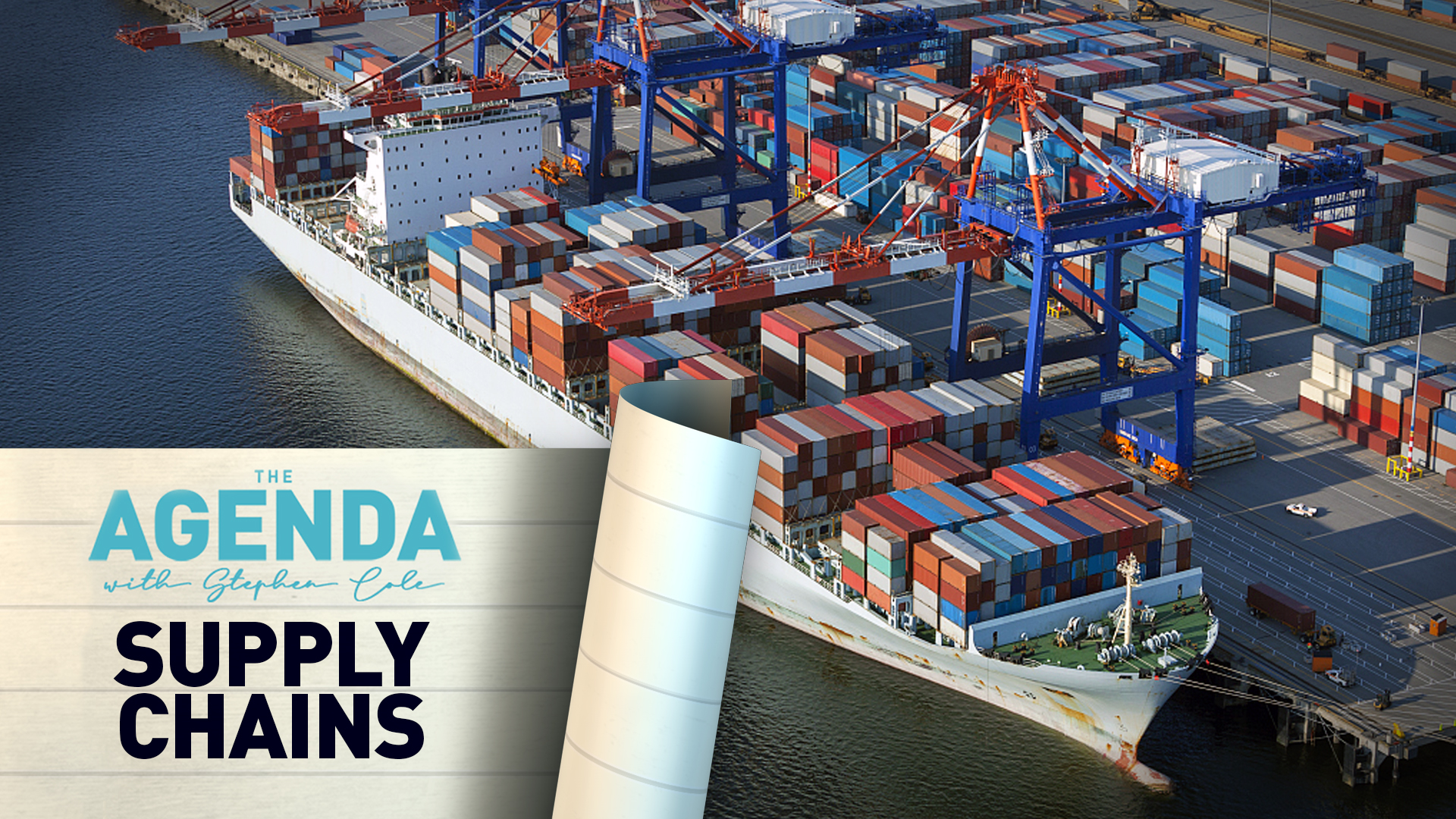29:40

The festive season is upon us, but as we edge through December the conveyor belt of consumerism could stop moving at any moment. With the world battling strained supply chains, this week on The Agenda with Stephen Cole, we're finding out just what's gone wrong, and in this age of clicks and convenience, how can we prevent a system overload?
The Agenda's Stephen Cole speaks to Mickey Howard, professor in sustainable supply chain management at Exeter University, who explains the fragility of our supply chain systems as well as why limited supplies of lithium could prove to be the next big conundrum for consumers.
For ways of unraveling the tangled global supply chains, we hear from Tom Van Woensel, director of the European Supply Chain Forum and professor of freight transport and logistics at Eindhoven University of Technology. He explains about planning for the "unknown unknowns" and why it's not always in a company's interest to build supply chains that can sufficiently cope with unlikely, but severe, natural disasters.
With China being at the very center of the supply chain, having a strong and stable system is crucial for the world's largest manufacturer. To explain what China is doing to manage its global exports and maintain its resilience, as well as how China could help the world get back on its feet, is Qu Qiang, assistant director of the International Monetary Institute at Renmin University of China. He tells Cole China wants to share its capacity and production power with other countries to make the overall global shipping process easier and cheaper for all.

When it comes to food production, there is no one dominant producer. Trade is important to all countries, as very few are self-sufficient. So, when something like a blockage or a pandemic causes a supply-chain reaction, shelves around the world are left looking bare. Tom Bradshaw is vice-president of the UK's National Farmers' Union and joins Cole to explain why the ongoing issues should act as a wake-up call for the world to reconsider globalization and start sourcing food and products locally instead.

